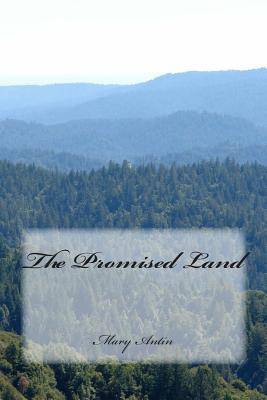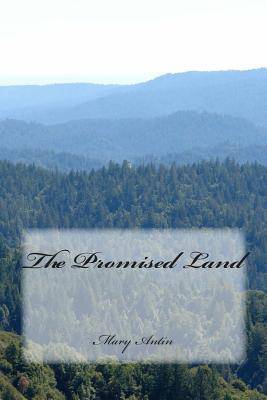
- Afhalen na 1 uur in een winkel met voorraad
- Gratis thuislevering in België vanaf € 30
- Ruim aanbod met 7 miljoen producten
- Afhalen na 1 uur in een winkel met voorraad
- Gratis thuislevering in België vanaf € 30
- Ruim aanbod met 7 miljoen producten
Zoeken
Omschrijving
The Promised Land is the autobiography of Mary Antin. It tells the story of her early life in what is now Belarus and her immigration to the United States in 1894. The book focuses on her attempts to assimilate into the culture of the United States. A very personal and very interesting look into the life of a young child moving away from her homeland. Includes several black and white photos. Excerpt "A generation is sometimes a more satisfactory unit for the study of humanity than a lifetime; and spiritual generations are as easy to demark as physical ones. Now I am the spiritual offspring of the marriage within my conscious experience of the Past and the Present. My second birth was no less a birth because there was no distinct incarnation. Surely it has happened before that one body served more than one spiritual organization. Nor am I disowning my father and mother of the flesh, for they were also partners in the generation of my second self; copartners with my entire line of ancestors. They gave me body, so that I have eyes like my father's and hair like my mother's. The spirit also they gave me, so that I reason like my father and endure like my mother. But did they set me down in a sheltered garden, where the sun should warm me, and no winter should hurt, while they fed me from their hands? No; they early let me run in the fields - perhaps because I would not be held - and eat of the wild fruits and drink of the dew. Did they teach me from books, and tell me what to believe? I soon chose my own books, and built me a world of my own."
Specificaties
Betrokkenen
- Auteur(s):
- Uitgeverij:
Inhoud
- Aantal bladzijden:
- 282
- Taal:
- Engels
Eigenschappen
- Productcode (EAN):
- 9781507856796
- Verschijningsdatum:
- 5/02/2015
- Uitvoering:
- Paperback
- Formaat:
- Trade paperback (VS)
- Afmetingen:
- 152 mm x 229 mm
- Gewicht:
- 381 g

Alleen bij Standaard Boekhandel
+ 52 punten op je klantenkaart van Standaard Boekhandel
Beoordelingen
We publiceren alleen reviews die voldoen aan de voorwaarden voor reviews. Bekijk onze voorwaarden voor reviews.











